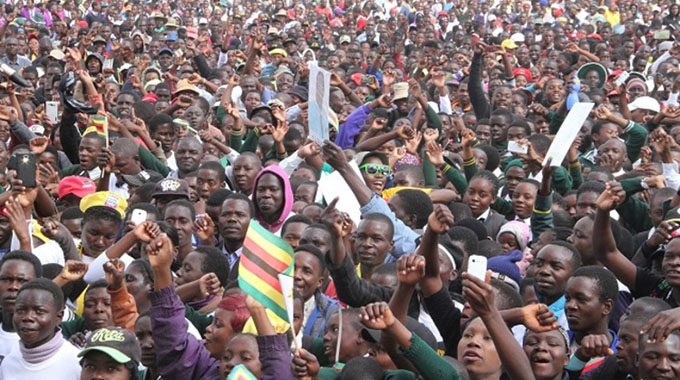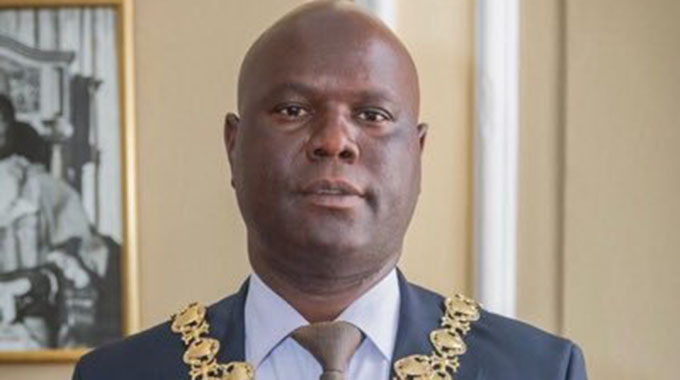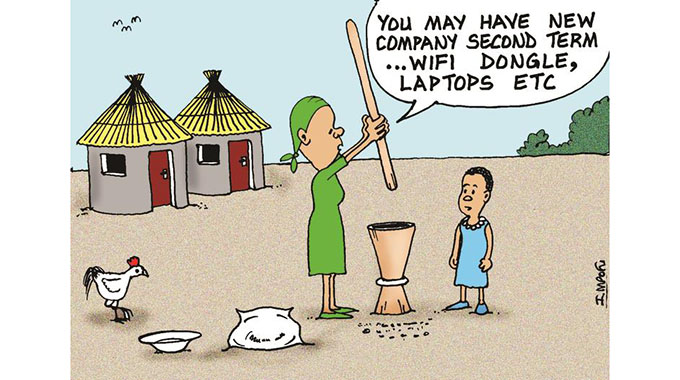Rhodesian comparisons: Cutting off the nose to spite the face

Leroy Dzenga Youth Diaries
There is always a danger of forming opinions without full context.
It is equally and also similarly minacious to try and equate unrelated times in history with sights on furthering an agenda.
Since the coming in of the new dispensation, political discourse has opened up considerably.
On matters of national interest, there has been an exchange of ideas.
This, in a way, has demystified beliefs around airing opinions of a political nature among young people.
Youth conversations on democracy, governance and politics have increased over the last few years.
Even the nature in which they are delivered has become more candid.
It has unearthed gemstones, thinkers who are well versed on matters.
Reading through political arguments among the youth is heart-warming, there is a beauty associated with seeing a wide range of submissions from a demographic interested in seeing the best from their country of birth.
Within the passion, rage and exuberance one is almost guaranteed to encounter all sorts of arguments.
Democracy has a flattering feel when it comes to exchanges, no concept is sacred.
In the case of Zimbabwe, it has brought to the surface some concerning ideas which the youth may have been harbouring internally that need intellectual recourse.
When Zimbabwe commemorated its 40th independence, there were a lot of conversations that ensued.
In the assorted narratives shared and pushed, there were those who were tempted to suggest that Rhodesia was better than present-day Zimbabwe.
Despite what the country may be going through, such a view does not have spine, it reeks of malice against one’s country. While forming opinions is allowed, sharing them attracts scrutiny and further engagement.
Such is the beauty of modern-day communication through the Internet, where participants have become “prosumers” simultaneous consumers and producers of content.
The feedback is almost instant.
Many were educated by Internet users who have respect for history.
Besides the unfortunate standing, the ahistorical submissions betrayed a crying need for Government to prioritise the telling of the country’s story in a continuum.
Intricate details of what happened during the colonial years preceding the two Chimurengas and the subsequent battles should be communicated in graphic detail with nuance.
This will help those of us who are still wet behind the ears to get an understanding of a phase in history they are envying.
A dark phase were black deaths were a cause for celebration for the settler regime. Where majority of people now identified as Zimbabweans, were not allowed to access the biggest factor of production, which is land.
The grim realities of the Rhodesian days have to be captured, retold into perpetuity lest we forget the source of wounds worn by this country.
Even tensions that have existed in post-independence Zimbabwe can traced back to this country’s unfortunate encounter with colonialism.
Maybe there is need again to communicate lucidly with the youth through various platforms seeking to enlighten them on the flaws of some opinions they form.
There is need for the repackaging of the country’s history to meet contemporary formatting for them to be relatable to young people.
An understanding of who composes Zimbabwe’s youth today should be instructive.
A snap survey on those who were suggesting that Rhodesia was better than Zimbabwe are in the Diaspora.
It is quite understandable on how they would adopt that viewpoint, there are some conversations which are privileged to those who are close to home and walk the streets.
There was a fair number of young Zimbabweans born when the Great Trek to the United Kingdom and other Western countries happened.
To communicate to this specific group of youths, Zimbabwe may need to employ cultural diplomacy.
This is when a country creates content and programmes that gives perspectives into the unique realities of a country with intent to foster mutual understanding.
There is need for mutual understanding between the country and its young people on matters of national interest.
Zimbabwe, especially with the listening spirit of the Second Republic, should take time to understand what the youth expect of it.
Within the same breadth, there should be an effort from the youth themselves to engage with their country in a manner that does not reverse the gains of their independence.
A lot can be better in the country, it is everyone’s responsibility to see to it that the country rises again to the point it used to be.
There has been signs that the general consensus is that people are interested in talking about the country’s past, its present and the future.
April’s commemorations and the conversations that led to them raised appetite for discourse around the country and what needs to be done to define and achieve the Zimbabwean dream.
Conversations have been candid, an example could be the depth of the conversation between liberation war hero Cde Christopher Makwambeni (Chapwititi Chehondo) and The Herald.
It showed the journey we have travelled so far and how we need to continue talking among each other as Zimbabweans trying to find answers to our present confrontations.
Some conversations will be hard and candid, but as we talk, we should never let suggestions that Rhodesia was better than present-day Zimbabwe go uncorrected.
Whatever the case may be, we cannot reminisce about hell to spite the rains.









Comments